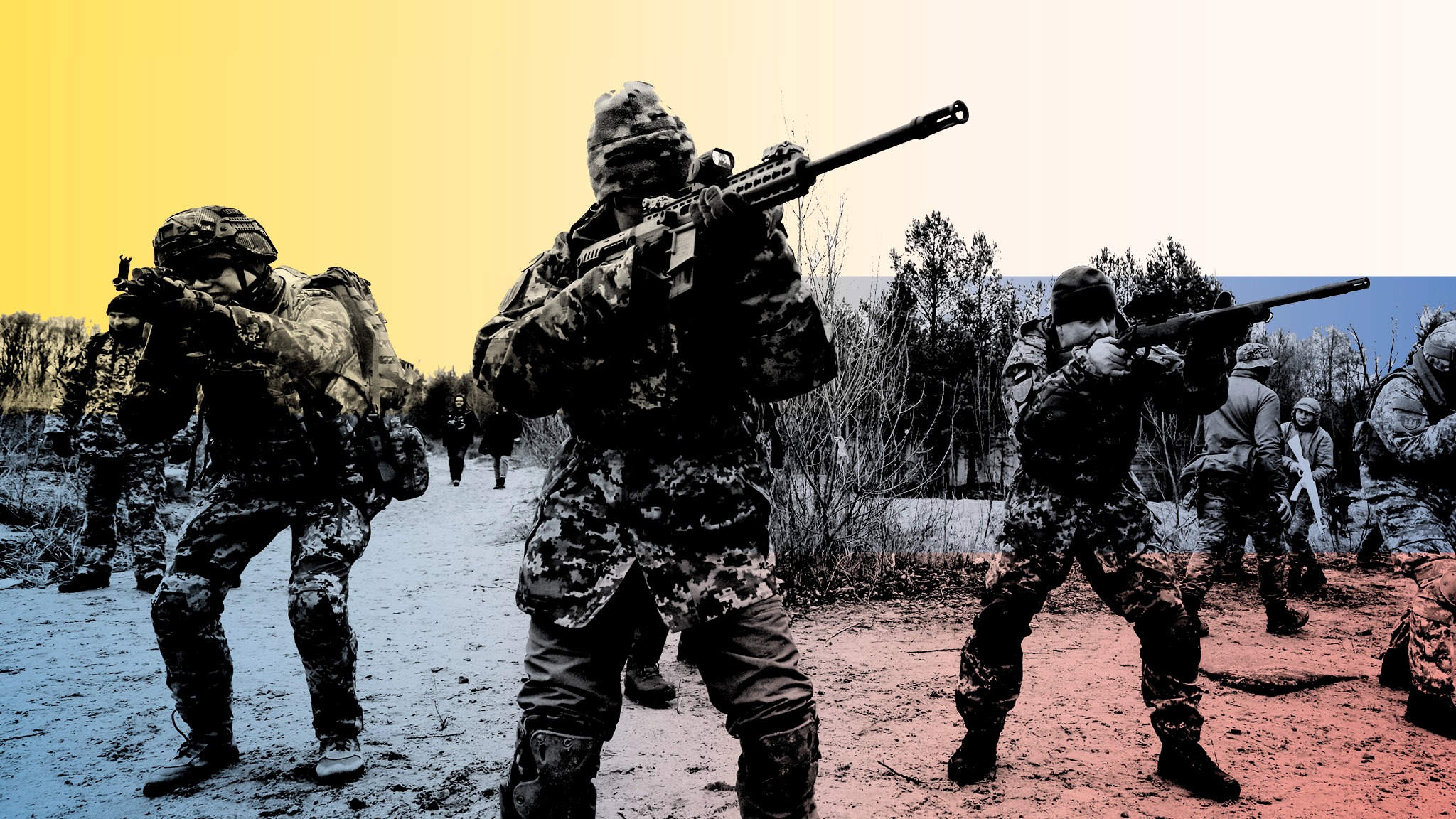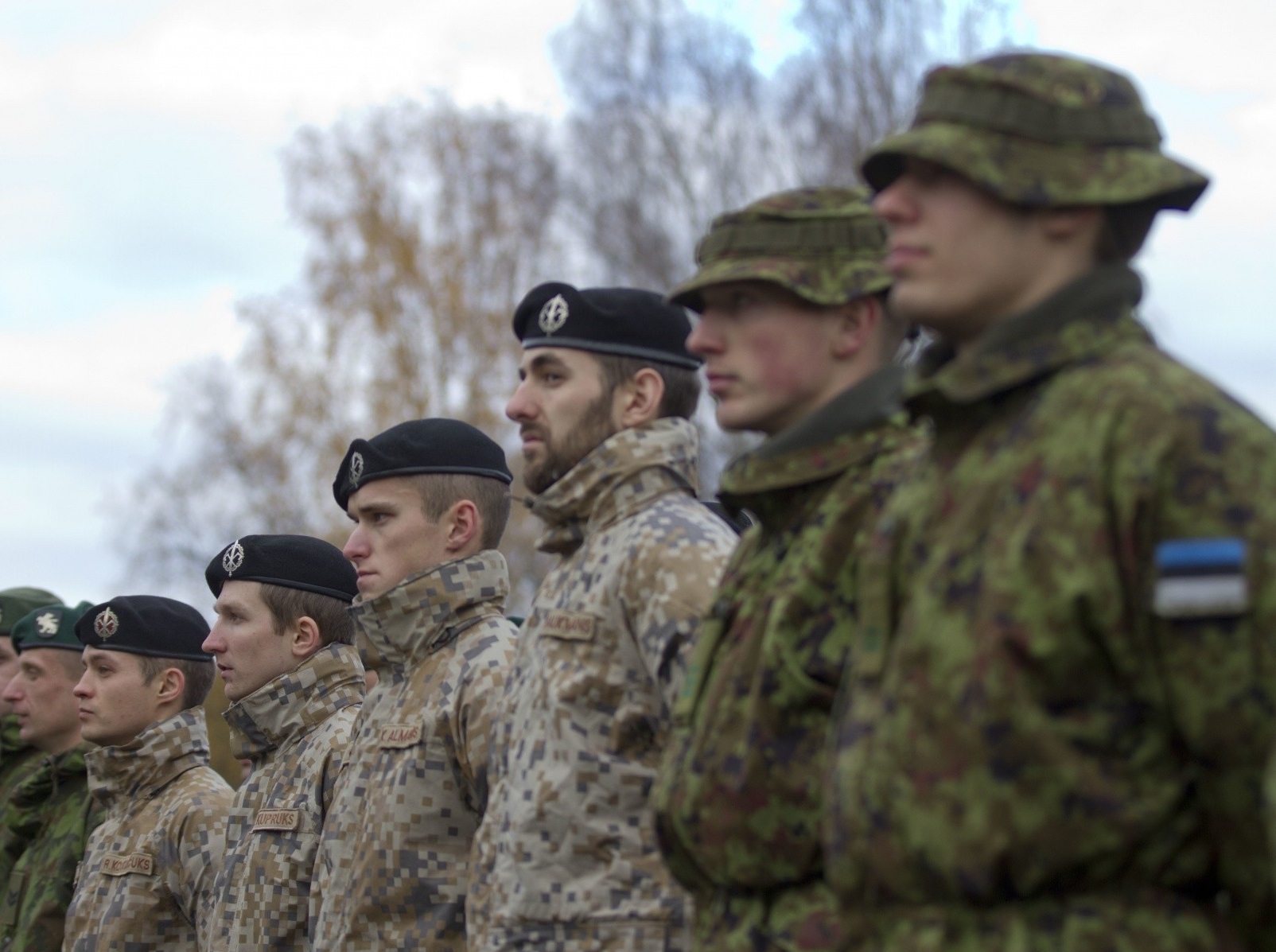“Russia Not A Peer Military To The US” Or Even Smaller NATO Forces

“Russia Not A Peer Military To The US” Or Even Smaller NATO Forces
Natural gas supplies to Europe have been cut back, revealing an unexpectedly potent economic weapon.
In six months, Russia and its military and economy have been upended by President Vladimir Putin’s invasion of Ukraine.
Washington and analysts in Europe assumed Russia would quickly defeat Ukraine’s forces despite the US warning of impending war earlier this year. Putin was also expected to face economic constraints in his home country.
A US invasion could fall on Kyiv within 72 hours, according to US Chairman of the Joint Chiefs of Staff Mark Milley. The Kremlin, on the other hand, believes Ukraine is a nation divided by incompetent leaders without the will to resist. President Biden said he would turn the ruble into “rubble.”

The reality, however, has been quite different.
The outcome of the conflict is as uncertain as what the half-year war means to Ukraine. Putin’s invasion of Ukraine has reshaped and it’s conventional capabilities rather than reasserting Moscow as a global military force as he wished. As a result, Finland and Sweden, which were previously neutral countries, joined the North Atlantic Treaty Organization.
Phillips O’Brien, professor of strategic studies at the University of St. Andrews in Scotland, said that it does not compete with the US or even smaller NATO forces. In those terms, it isn’t even a second-tier military power since it cannot conduct complex operations like British, French, or Israeli forces.
Thousands of Ukrainians have fled the country as a result of the conflict, which has severely damaged the country’s infrastructure, towns, and cities, and resulted in heavy military casualties. There is a crisis in its economy.
Despite the losses his country suffered during the war, President Volodymyr Zelensky managed to rally its people to inflict huge losses on the Russian military that was forced to retreat from around Kyiv and regroup in the east.
Despite its inability to mount a successful large-scale counteroffensive, Ukraine continues to receive supplies of advanced US and European weapons. Allies are under increasing economic pressure as well.
According to the Swiss newspaper Blick, Prime Minister Kaja Kallas does not fear Russia will target NATO member Estonia next. Putin, however, namechecked Narva in a June speech where he discussed regaining lost Russian lands, but she said she had no concern at her borders.

It is time for NATO’s turn now,” Kallas told Blick. Do you think they are ready for this?”
In the second quarter, the Russian economy shrank by 4% as rising energy prices boosted budget revenues. Economic forecasts have proved just as inaccurate as they were in the first quarter when the economy shrank by 2%. An economic blizzard of international sanctions has weighed heavily on this year, with its finance ministry forecasting a 12% contraction.
Despite sanctions imposed by the United States and its close allies, many countries have continued to trade with Moscow, including China, India, and the Middle East.
Using its own unexpectedly potent economic weapon, they have reduced natural gas supplies to Europe. Officials from Finland to Germany have recently warned citizens to be prepared for the impact of further Russian supply cuts, despite preparations being made to mitigate the impact.

As European natural gas prices rose to 15 times their summer average, Alexander De Croo, Belgian Prime Minister, said the next five to ten winters would be difficult.
Even before the war, O’Brien was among the few Western defense analysts who predicted that Putin would struggle in Ukraine, and the events since have further reinforced his suspicions.
Despite the lengthy range of HIMARS rockets, an obsolete US technology from the 1980s, Ukrainian forces have failed to find a response, O’Brien said. Russians don’t even have a fraction of what the US has.”
Before Putin launched his “special military operation” on Feb. 24, many Russian policymakers and advisers knew about the military’s weaknesses – and the challenges it would face in Ukraine. That’s why people refused just to believe that he would pull the trigger.
According to a Russian defense official, there would be a positional front like in the Korean War in the 1950s. Despite this, they still believed they could expand east of the central Dnipro.
Michael Kofman, director of Russia Studies at CNA, a Washington think tank, says one reason for Russian underperformance is that its military was overcounting to hide underinvestment in personnel before the war.

According to estimates for the scale of the Russian invasion force, troops were gathered around Ukraine in battalions of so-called Battalion Tactical Groups, or BTGs. These manoeuvrable units included artillery, air defense, logistics, and about 50 tanks and armored vehicles, assuming each contained 700-900 soldiers. Approximately 150,000 people could have been involved in the invasion.
Rather than 600 troops, Kofman said that the average BTG had fewer than 90,000. The total Russian force may have been as low as 90,000. It was essentially going to war with no vehicles because most of the personnel cuts were coming to the infantry.
According to Kofman, that impacted the war by making it difficult for the Russians to get off roads, participate in urban warfare efficiently, and gain territory. His caution remains tempered, as he recalls America’s struggles against far inferior forces in Iraq and Afghanistan.
Also, due to the underperformance of the Russian air force and air defenses, questions have been raised about the quality of aviation equipment and pilot training.
The impact of sanctions on Russian imports will further erode the country’s ability to produce technologically advanced weapons. 27 Russian critical arms systems, such as drones, missiles, and communications equipment, included 450 foreign-made components, according to a study of Russian equipment captured or destroyed in Ukraine.
In addition to the parts made by US companies, the remaining parts were made mainly by Ukraine’s supporters. Although smuggling and espionage can help fill the gap, multilateral efforts to halt these component flows and raise the cost of Russia’s aggression in Ukraine remain highly vulnerable to Russia and its armed forces. A report from the Royal United Services Institute published on August 8 highlighted Russia’s vulnerability.
As a result, some analysts — and 98% of Ukrainians, according to one August poll — are now confident Ukrainian forces will win the war due to their motivation and ability to innovate, out-think Russian commanders in the field, and deploy unfamiliar NATO standard weapons.
A former adviser to jailed Russian opposition leader Alexey Navalny and a defence analyst at Riddle think tank, Pavel Luzin suggests that Russia might not even be able to sustain its nuclear arsenal in the long term if it remains sanctioned.
:quality(70)/cloudfront-us-east-1.images.arcpublishing.com/archetype/C3PYOSET2ZBJNNT6HG7JL3CVJA.jpg)
ICBMs, SLBMs, and heavy bombers will be impossible to produce because of a lack of industrial equipment, technology, and human capital, Luzin said.
Yet Russia remains one of the world’s most powerful nuclear powers, able to escalate the conflict to the point of decisiveness. While Western (or modern Chinese) technology was not available to the Soviet Union, it obtained it through espionage networks.
Gleb Pavlovsky, a Kremlin adviser during Russia’s first decade of power, said the West underestimated Russia’s elasticity – not only because it’s poor and incompetent but also because it’s global.
There will be an explosion at some point, but how it will happen is a mystery.”
edited and proofread by nikita sharma




